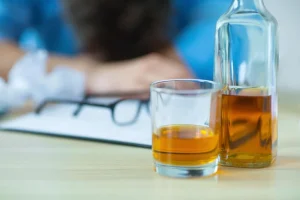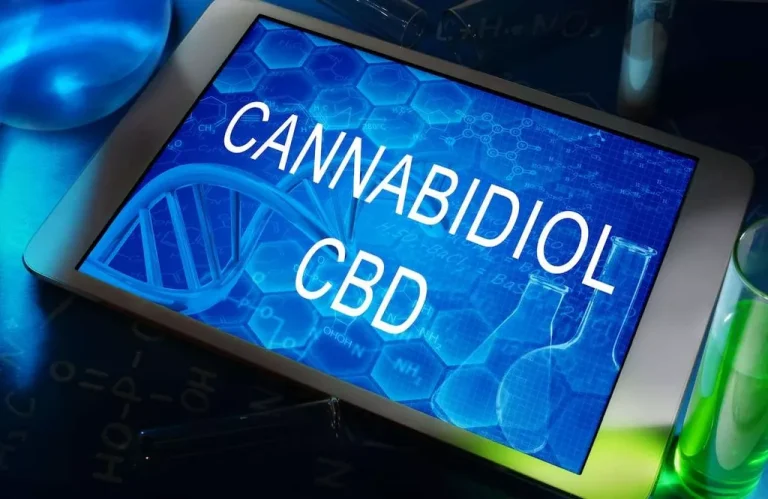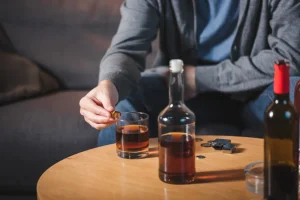
In fact, stress can lead to an increase in sebum production2, thus raising the risk of post-party breakouts. “Alcohol causes dehydration, and dehydration can cause the skin to look pale, dry, and more prone to wrinkling,” board-certified dermatologist and founder of MaeiMD Rebecca Marcus, M.D. Believe it or not, sleeping with two pillows in bed slightly propped up is one of the best ways to minimise eye and face puffiness.
Alcohol Causes Inflammation

Parenting advice, hot topics, best buys and family finance tips delivered straight to your inbox. To get your pH balance back on track, scale back on chemical exfoliants and reach for prebiotic skincare instead. Switch to a prebiotic cleanser or serum, as both are packed with prebiotics, which are a food source for the good bacteria on skin, helping it to recalibrate the protective barrier and your skin’s pH level. Cocktails taste great in part due to their a high sugar content, which does your face no favours. ‘It causes glycation, which involves sugar molecules in the blood stream attaching to proteins to form advanced glycation end products(AGEs),’ says Dr Mun. ‘Alcohol deprives skin of vitamin by preventing its absorption and speeding up the breakdown of your existing stores,’ says Dr David Jack, Harley Street aesthetic doctor.
HuffPost Personal
Although you may still suffer a hangover the next day, drinking lighter drinks may minimise your suffering slightly (and the amount of bacon sandwiches you have to consume!) because they don’t contain congeners. In fact, a study by the British Medical Association found bourbon is twice as likely to cause a hangover as the same amount of vodka. “Any alcohol will negatively impact the quality, appearance and ageing of your skin,” explains Dr Ioannis Liakas, Medical Director at Vie Aesthetics.
Alcohol Skin Damage: How Drinking Affects Your Skin

“This can minimize harmful effects of alcohol on the skin by hydrating the tissues and skin,” she says. Your body is an amazing regenerator and the negative effects of alcohol can be reversed if you act in good time. “Wrinkles, pores and acne can be improved if you decide to put time and effort into your daily lifestyle and skincare regime,” Dr Liakas says. Despite red wine being hailed as the ‘healthiest’ choice of alcohol because it contains antioxidants, it is actually one of the most damaging alcohols for your skin. According to Dr Ana, “Unfiltered red wine requires higher levels of processing by the body.”
- In addition, swelling of the parotid gland may be a result of chronic alcohol use.
- Many of us happily shell out hundreds of dollars every year on sunscreens, retinoids and vitamin C skincare products to protect our skin’s most important building block for helping us look youthful — collagen.
- Dermatology Partners in Lakewood and Denver, Colorado, “I see many patients who have noticed dark circles, redness, inflammation, and accelerated skin aging.
- While moderate alcohol consumption might not cause permanent damage, chronic and excessive drinking can lead to long-term skin issues, including premature aging and persistent dryness.
- It predominantly affects the skin but can also be found in mucous membranes and internal organs.
- Believe it or not, sleeping with two pillows in bed slightly propped up is one of the best ways to minimise eye and face puffiness.
- These conditions don’t have a cure, but treatment can help make symptoms more manageable and have less of an effect on your appearance.
- Luckily, there are steps you can take to protect your skin from the effects of a night of drinking.
- This is also thought to be due to oestrogen, as it sometimes observed during normal pregnancy.
- Common skin conditions influenced by alcohol include rosacea, psoriasis, and eczema.
- In the long term, you’ll see a youthful, healthy glow return to your face.
If you know there’s going to be more than one margarita on the cards, a little prep beforehand could come in handy for the following day. Take a couple of Biocol labs’ Something For a Mini Hangover capsules (a clever concoction of choline, thistle and artichoke) prior to drinking to help break down the tequila-induced toxins in your body. ‘This growth and support hormone is released during the most restorative stage of sleep, known as REM. So if you miss out on this phase, it leads to reduced cell renewal and reduced stimulation of collagen,’ explains Dr Kevin Mun, chief scientific officer and co-founder of Venn Skincare.

But its breakdown product, acetaldehyde, is a very potent vasodilator in the skin,” Soleymani said. As vasodilators, alcohol and acetaldehyde dilate our blood vessels, causing our faces to flush and turn red. “People may feel like their skin gets oilier after a night of binge drinking or notice that they tend to have oilier skin as a result of long-term drinking,” Soleymani how alcohol affects your skin said. This alcohol-induced dehydration is why we can look a bit “rougher” than usual the morning after a night of drinking. As a diuretic, alcohol causes the body to urinate more frequently, which causes dehydration in the body. The best way to avoid damaging your skin in the long and short term is to maintain a minimal or moderate level on your alcohol consumption.
- If you’re interested in learning more about the effects of alcohol on the body, you might also want to check out this article on how alcohol affects blood sugar levels.
- That said, it’s never too late to start making healthier decisions, and Dry January may be the perfect time to start.
- Fine lines and pores are less visible, and your skin appears plumper and healthier.
- Alcoholic drinks are high in calories and have no nutritional benefit to your body.
While you can’t take back consuming alcohol after the fact, there are steps you can take to nurse your skin back to health and speed up the post-drinking revival. We did a full breakdown of hangover skin care here, but we’ll summarize the need-to-know steps below. Alcohol affects your body’s natural production of melatonin3 and can cause or ramp up symptoms of sleep apnea4, such as snoring. Not to mention, you may wake up early post-drinking, even if you went to bed late, thanks to the imbalance in blood sugar. “Alcohol triggers inflammation1, which may result in dilation of blood vessels in the face and subsequent flushing, which may become permanent if it happens repeatedly over long periods of time,” Marcus notes. “Dehydrated skin needs to be treated from within, and plain and simple water is your best option,” explains Faye.
- Addressing alcohol-related skin damage is possible, but it often requires a multi-pronged approach that may vary depending on the severity of the damage.
- It also controls non-inflammatory acne, so this is your go-to post-party to keep pesky spots at bay.
- If you’re partaking in Dry January after a month of mainlining mulled wine and festive fizz then props to you.
- ‘Excessive alcohol tends to cause flushing in most people and will act as a diuretic and cause dehydration,’ says Dr. Justine Hextall, one of London’s leading dermatologists.
This appears because regulation of vascular control in the brain fails with sustained alcohol intake. Sometimes they’re a symptom of alcohol intolerance, meaning your body can’t break down alcohol well. They may also result from an allergic reaction https://ecosoberhouse.com/ to an ingredient in alcohol. Although drinking alcohol can cause a person to fall asleep faster, it may cause them to wake up more often during the night. Because of this, drinking alcohol can cause dehydration, which may affect a person’s skin.

Instead of turning to junk food the morning after the party, you should concentrate on eating nutritious food which will provide your skin with the essential nutrients it needs to look bright and healthy again. When you drink alcohol the blood vessels just beneath the surface of your skin dilate, causing redness or flushing and worsening the appearance of spider veins. For those who abuse alcohol, this effect can become permanent, giving a very uneven, unhealthy-looking complexion. Findings regarding whether alcohol consumption triggers or exacerbates non-neoplastic skin diseases are inconsistent.
Your body works to repair DNA damage caused by the sun, but alcohol can interfere with that process. A person who is worried about the amount of alcohol they consume, or has trouble managing their alcohol intake, can contact a doctor or local support group to help with treatment. Treatment for skin issues related to AUD will typically involve two processes. One is treating the AUD, and the other is treating any underlying conditions that may remain after a person stops consuming alcohol.


